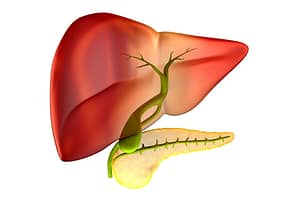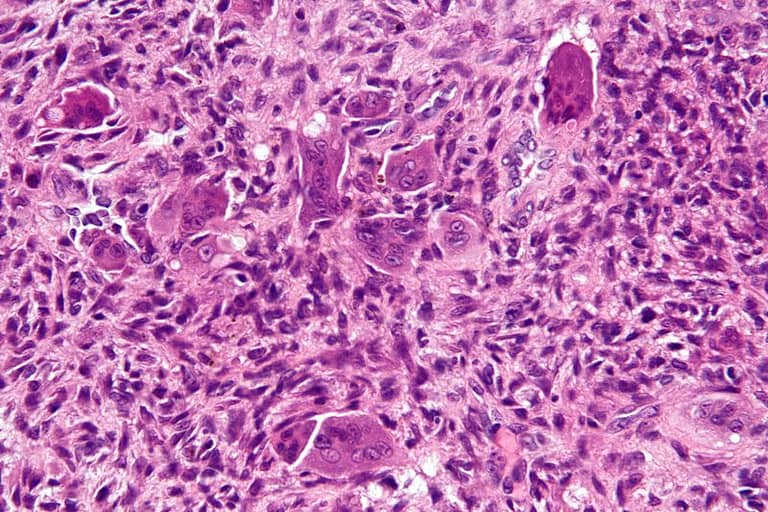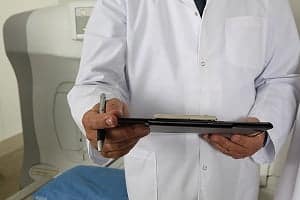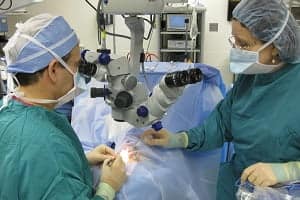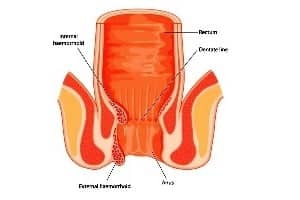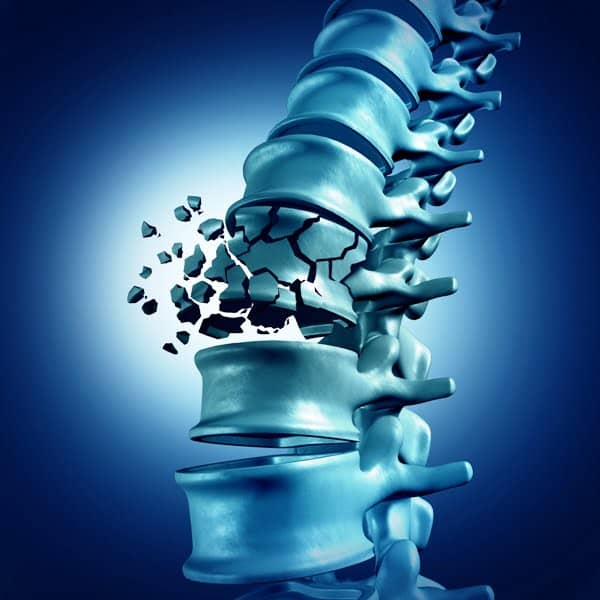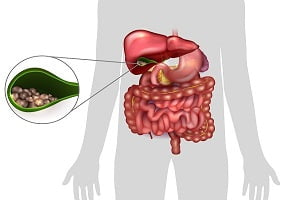Browsing: Digestive Health

The page provides quick access to a list of common gastro-intestinal tract diseases, syndromes, health conditions, and other topics of health importance. The list is organized alphabetically. Links are provided to respective diseases sections that serve as a comprehensive and ultimate guide about the disease or health condition.
Some people experience certain gastrointestinal (GI) symptoms on a regular basis, such as heartburn, indigestion/dyspepsia, bloating and constipation. These symptoms may occur due to various digestive problems. Depending upon the condition, the gastrointestinal disease (GI disease) may be acute or chronic. The best way to prevent occurrence of any such disease is exercising on a regular basis and have a healthy diet.
Healthcare professionals indicate such prevalent occurrence of gastric diseases throughout the world, across all age groups. This is due to improper diet, obesity, gastroenteritis, inflammatory bowel disease, various gastric cancers and ulcers. Some doctors believe that digestive disorders occur due to malabsorption disorders and lack of gastric microbiome in an individual.
Gastrointestinal disorders include conditions such as constipation, irritable bowel syndrome, diverticular diseases, colitis, piles, gall stones and colon cancer, which are extremely common. These lead to inefficient digestion and absorption of nutrients in the body, causing severe effects in growth and development of an individual. Constipation and irritable bowel syndrome (IBS) are two most widespread gastric diseases.
An Overview of Diverticulitis
Diverticulosis occurs when pouches (called diverticula) form in the wall of your colon (large intestine). If these pouches get inflamed or infected, the condition is called diverticulitis. It can be very painful. It is not sure what causes diverticulitis. Researchers think that a low-fiber diet may be a major risk factor.
Recent Advances in the Management of Hemorrhoids
The incidence of hemorrhoids has significantly increased in the past few years. There are various treatment options ranging from home remedies to surgical intervention. Most patients are recommended surgery. Doctors and researchers are finding out new ways to cure and prevent hemorrhoids with minimum risk and complications in patients.
Hemorrhoid Laser Surgery
Hemorrhoid laser surgery is effective for treating grade I, II and few grade III hemorrhoid cases. It is an advanced non-invasive technique which is performed as an out-patient procedure. The technique involves blocking of blood flow in the hemorrhoidal artery by laser coagulation. This method has several advantages over the traditional surgical method.
Hemorrhoids, also called piles, are swollen veins in the anus and lower region of the rectum. Hemorrhoids can occur due to a variety of reasons. Some reasons are straining during bowel movements and increased pressure on veins during pregnancy. Hemorrhoids may be located inside the rectum (called internal hemorrhoids), or under the skin (called external hemorrhoids).
Rectal pain is the pain or discomfort which occurs in the lower portion of the gastrointestinal tract (GI). It can result from constipation, bout of muscle spasms, hemorrhoids or due to certain inflammatory bowel diseases or minor injuries in the rectum region or due to localized infections.
Irritable bowel syndrome leads to variable changes in a person’s bowel movement. In the United States, 1 in every 10 individual suffers from IBS. An irritable bowel syndrome diet helps in decreasing the frequency and severity of IBS symptoms. It reduces the incidence of diarrhea, constipation, gas and bloating.
The gall bladder is a small organ located beneath the liver. It plays a vital role in the proper digestion of fats present in food. Gallstones are small pieces of solid materials present in the gall bladder. These stones are usually made of cholesterol. They can vary in size and number.
Nelsons is one of the UK’s largest manufacturers for natural healthcare products. It has introduced a product to relieve discomfort for hemorrhoid patients. The H+Care Hemorrhoid Cream, as it is called, helps in relieving burning sensation, itching and pain due to hemorrhoids.
Hemorrhoids May Cause Erectile Dysfunction, A Recent Study Finds
Researchers reported that men have a higher risk of erectile dysfunction, if they had suffered from hemorrhoids before. The study was conducted in Taiwan using the Longitudinal Health Insurance Database 2000, a nationwide population-based dataset in Taiwan.


